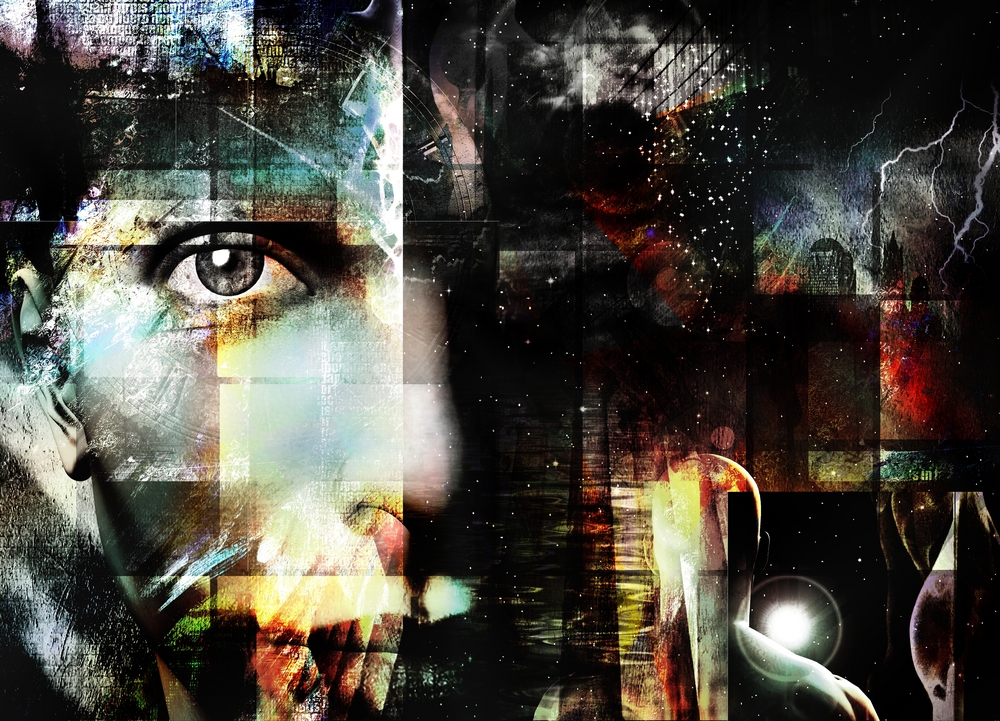In recent weeks, we’ve seen a fierce debate ignited by a study which argued that the Internet is responsible for the dramatic growth in American religious disaffiliation over the last two decades. Since 1990, the number of Americans with no religion has skyrocketed by almost 25 million people. The study’s author, Allen Downey, believes that the increasing uptake of the Internet is the best-correlated causal factor.
While I’m not committing myself to Downey’s conclusion, I find it very plausible. Obviously, the Internet is only a tool, and tools can be used for any purpose. There’s no shortage of preachers and megachurches who stream sermons or welcome social media as a channel for evangelizing. But I think many churches have been slow to realize that what the Internet does do is sharply curtail their ability to control the flow of information to their own membership.
The Internet levels the playing field and diminishes the advantage that wealthy and influential churches have historically had in getting their message out. Using the Internet, a religious believer can type a few words into a search engine and see all the best arguments against religion through the ages, whether by famous historical philosophers or modern atheist firebrands. If they’re having doubts that they’d rather not confess to their minister, their parents or their town, there are whole online communities of nonbelievers where they can vent their frustration and commiserate with others going through the same struggles, all safely and in anonymity. If they’ve been taught that atheists are evil misanthropes, they can find our stories in our own words, which is always a powerful antidote to prejudice. If they seek to exert control over the media and censor blasphemous and heretical viewpoints, the Internet has made that far harder than it’s ever been. If they think their religion is unique and distinctive, the Internet makes it much easier for them to come across similar miracle stories from all over the world. And when proselytizers seek out an audience in online forums they don’t control, atheists with contrary arguments and evidence can push back as never before.
Some of the fundamentalist sects are starting to understand this. Witness the ultra-Orthodox Jewish community of New York renting out a baseball stadium to warn their men about the evils of the Internet; or the Mormon columnist who’s upset that the Internet makes it so easy to find out about the esoteric doctrines of Mormonism – spoiling the LDS church’s plan of only teaching the theologically easy beliefs to outsiders and prospective converts, which they call “milk before meat”; or the theocratic and religiously conservative societies that demand censorship of the Internet, outraged by the fact that people can use it to mock beliefs they think should be exempt from mockery.
Where absurd or morally dubious beliefs might once have gone unexamined, the freewheeling debate that thrives on the Internet has exposed them to criticism, ridicule and satire as never before. I don’t think this necessarily spells the end of all religion – if history has shown us anything, it’s that religion is endlessly adaptable. But I do think that it will continue to weaken the apologetics-oriented faiths, oppressive fundamentalisms and cults that seek to isolate their members from all contrary ideas. In their place, I expect that technology will – in time – push religion to retreat from disprovable empirical claims and evolve into less dogmatic, less doctrinally rigid, more fideistic forms.
Image credit: Shutterstock
